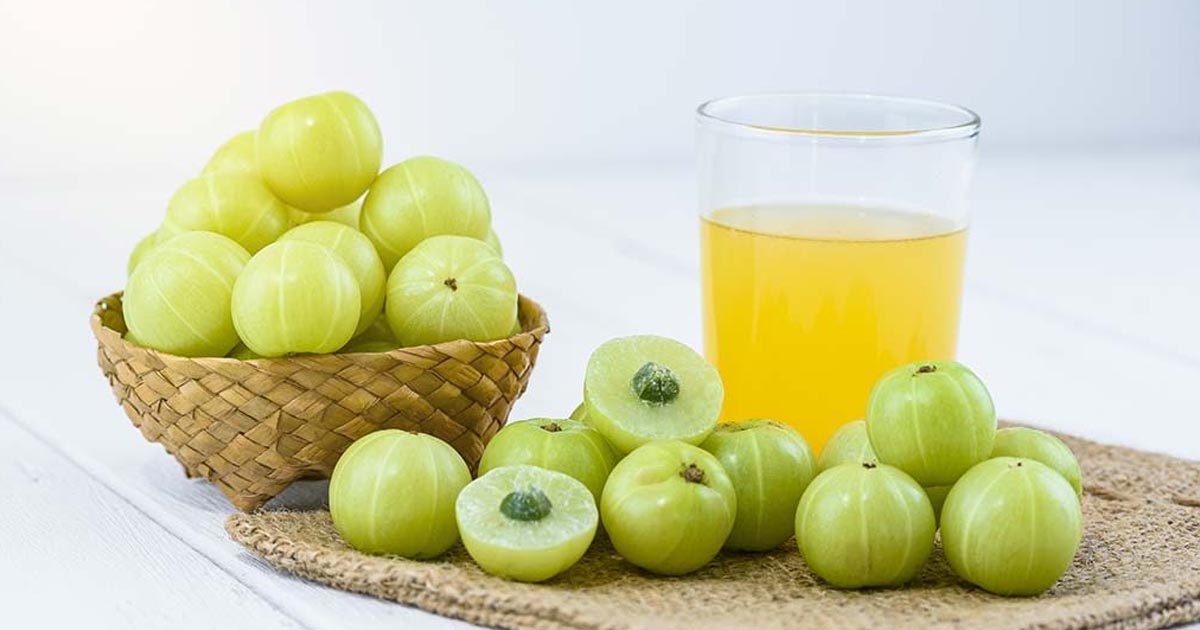

AMLA: The Mother of All Herbs
– Dr R Vatsyayan
It is believed that what gold is to the minerals, amla is to the herbs. Called amlaki, dhatriphala and vayastha in Sanskrit and Emblica officinalis scientifically, it is the most widely used herb in the ayurvedic system of medicine. Legends tell us that Chyavana Rishi regained his youthfulness because of the specific use of a herbal compound which primarily consisted of amla .
The English name of amla – Indian gooseberry, denotes that it is indigenous to India. Its light green fruit grows on a small tree which is found in wet forests of hill areas throughout the Indian subcontinent. Though all parts of the tree have medicinal value, it is the fruit which constitutes the main drug.
There are two main varieties of amla, one is wild and the other is cultivated which are called vanya and gramya respectively. In common parlance these are known as desi or banarasi . Wild amla fruit is small, hard and stony and it contains lot of fibre whereas the other one is bigger, smooth, fleshy and richer in juicy contents. The dry amla fruits are wrinkled and of grey-black colour.
Amla is as a rare fruit which contains all tastes except salty. With sour the foremost taste, amla is at the same time sweet, astringent, bitter and pungent. It is light, dry and cold in effect and is also the richest source of vitamin C. Laboratory tests show that every hundred gm of fresh amla fruit provide up to seven hundred mg of this vitamin which is twenty times higher than what is found in an orange.
The fresh amla fruit contains more than eighty percent water contents besides protein, minerals, carbohydrates and fibre. The mineral and vitamin contents include calcium, phosphorus, iron, carotene, and also vitamin B complex. Even if dried in shade , amla retains much of its vitamin C contents. The leaves and bark of the tree are rich in tannin.
Charaka has specifically mentioned it is a great rasayan – that helps to protect from diseases and also keeps away manifestations of premature old age. Since amla pacifies all three doshas- vata, pitta and kapha, it has a wide range of corrective and curative effect on human body and is rightly called as sarva-dosh-har ( remover of all diseases).
